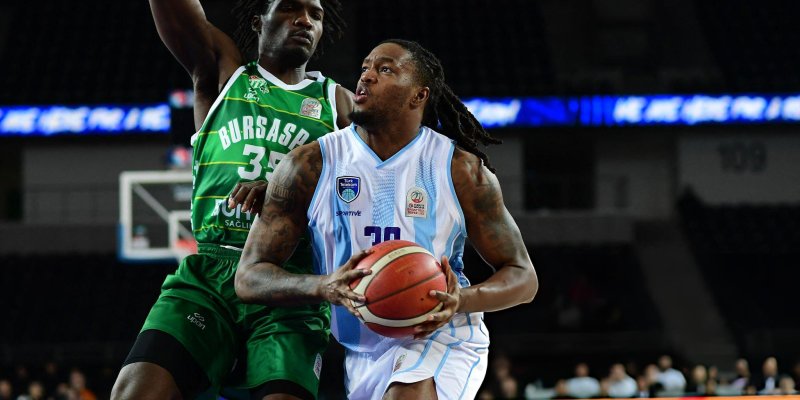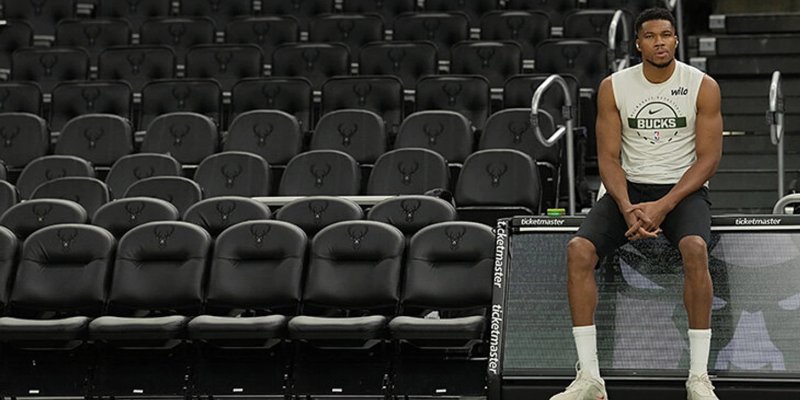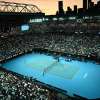
For nearly two decades LeBron James wrote his career as both writer-director and leading man: the environment was tuned to him, partners were selected, coaching staffs were rebuilt, and game concepts were revised. Today, with the horizon of the end drawing closer, a paradox has appeared for the first time: the league and his current club no longer live solely by his agenda. It’s not a crisis of status — it’s a change of scenery. The question is how the 'King' will play the final act: loudly, with dignity, and on his own terms — or let circumstances set the tempo.
A Man Used to Holding the Script
Across different versions of his teams LeBron was not just a superstar but an architectural principle. Schemes were built around his unique blend of point-guard vision, forward size, and improved shooting; management tailored the roster to the demands of pace, spacing, and pick-and-rolls with him at the controls. That experience taught him the key lesson: the right to the final word is earned not only by points and rings, but by the ability to shape context. The final chapter should follow the same logic — planned down to the last detail.
What the Club Wants: Spectacle, Box Office, and the Right Narrative
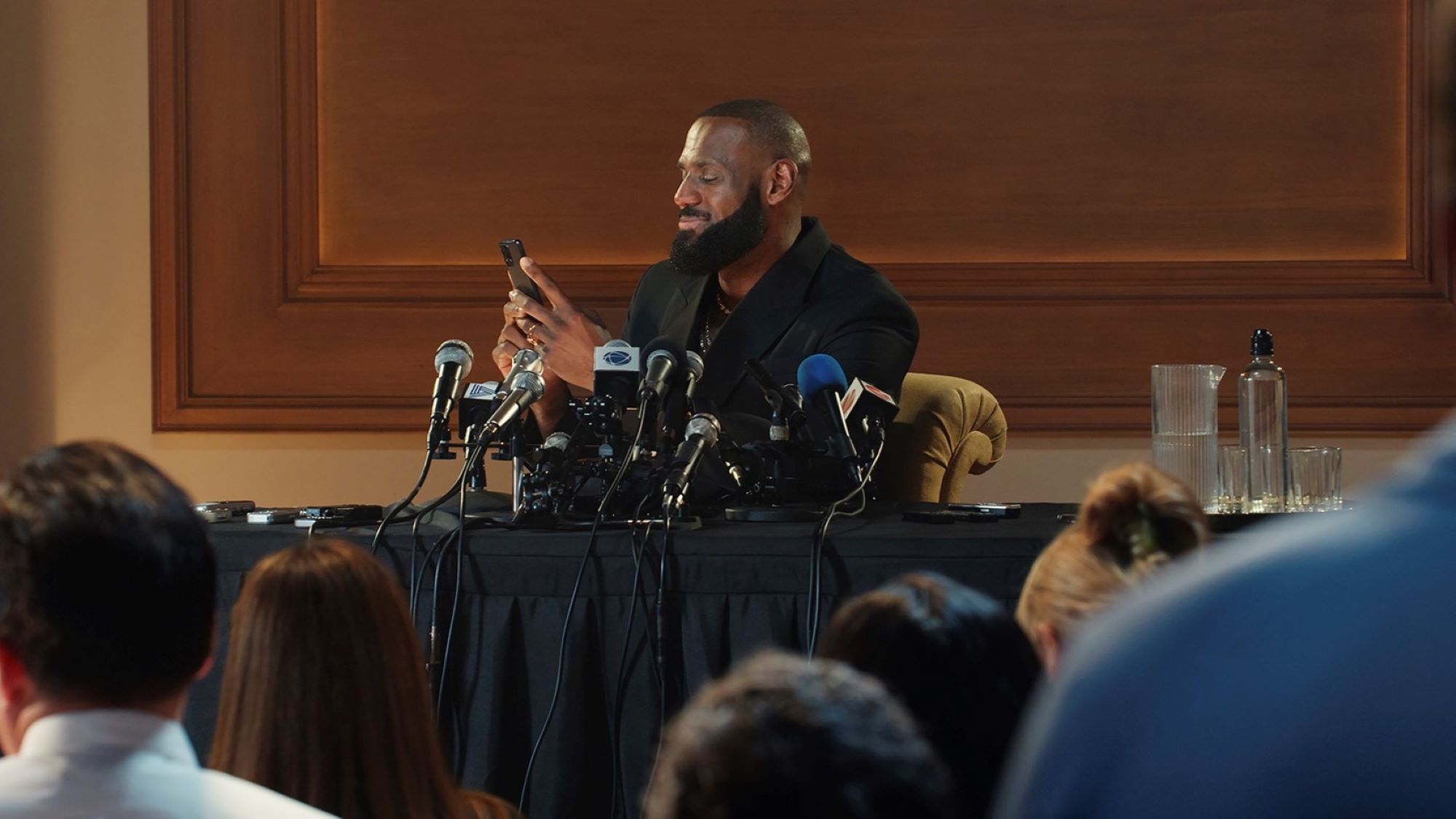
For any franchise, a farewell season and a legendary figure are not only about honoring history but also economics: a surge in ticket demand, higher TV ratings, sponsor integrations, and massive merchandise. Executives publicly repeat “maximum respect for the player’s choice,” stressing their readiness to support any trajectory — from one last push at a title to a carefully staged farewell tour. In this sense the Lakers are an ideal showcase: the capital of show business stages finales as deftly as premieres.
What LeBron Wants: A Grand Finale as a Media Event
LeBron is a media professional. He has long thought in projects rather than just games. The most sensible scenario is announcing his final season in advance — not in a random interview, but on his own platform: in his podcast, a documentary special, a medium where he controls the frame and tone. Then comes the league tour: each arena becomes a chapter of the book “How We Said Goodbye to an Era.” It’s not a whim; it’s a smart communications architecture between a legend, the fans, and the industry.
Why Los Angeles Is No Longer a One-Man Stage
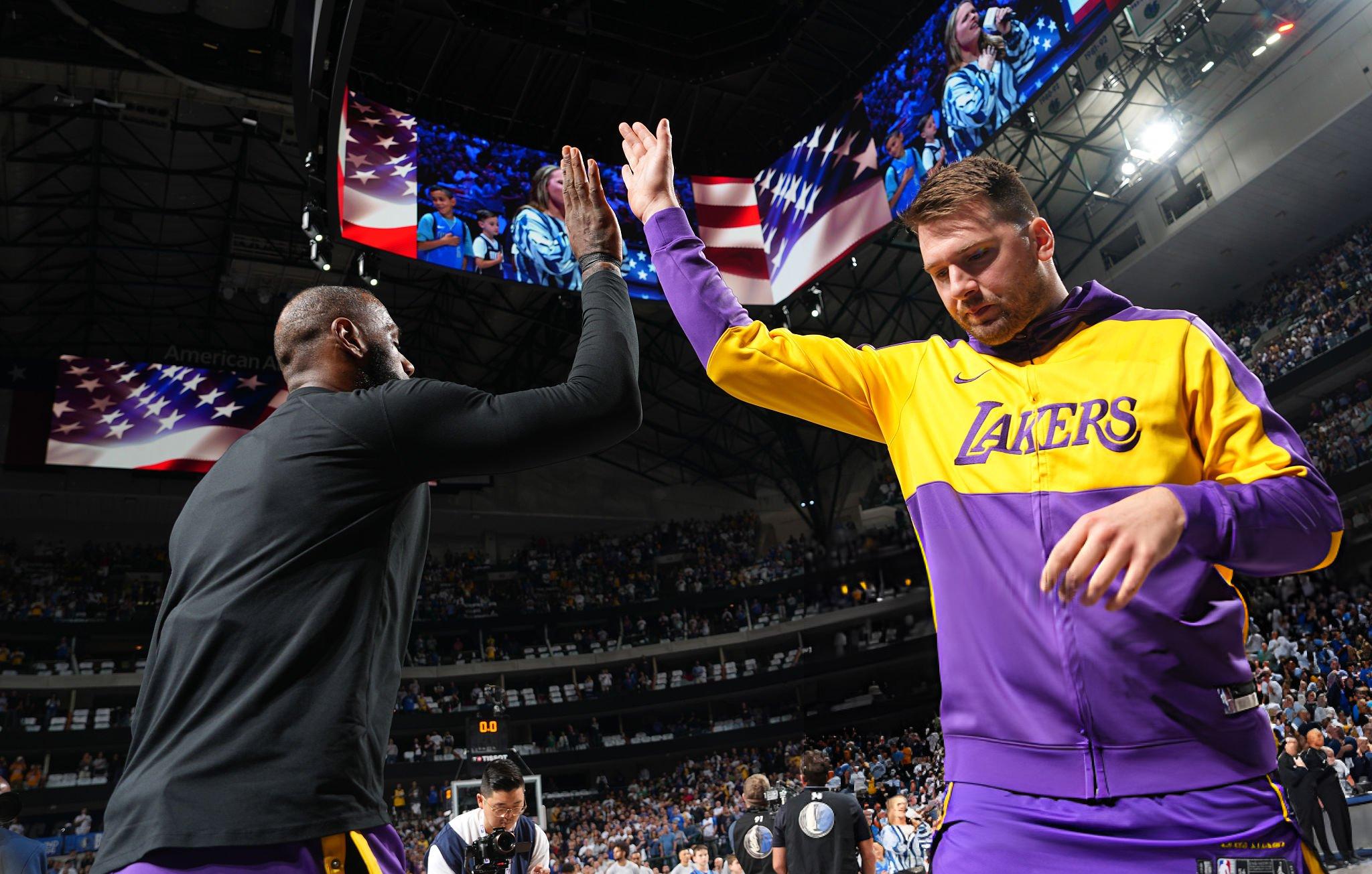
The issue isn’t geography but story construction. The Lakers’ current roster and competitive goals are built around a new first option. The emergence of a No. 1 — whether a phenomenal scorer-playmaker of Luka Dončić’s caliber or another superstar — automatically redistributes the spotlights: the team enters “combat mode,” where every decision is measured by playoff odds. In that structure LeBron is no longer the soloist but the captain-mentor on the floor, the master who keeps the rhythm without monopolizing the plot.
Comparisons to Kobe’s farewell tour aren’t fair: back then the Lakers were outside the contender horizon, and the entire season served a single purpose — to bid Bryant farewell. Today, trying to combine a full-on title chase with an “honor the 40-year-old legend in every city” format risks tearing the locker room’s rhythm. You can try to sit on two chairs, but basketball rarely forgives such compromises.
Cleveland — The Natural Return Point and the Cleanest Frame
In terms of meaning, Cleveland has everything. It’s where the myth was born and where it found its historic resolution — the epic Finals comeback and the city’s only championship. There, any “farewell tour” stops being an attraction and turns into a family celebration. Narratives like “The King’s Homecoming,” “Passing Knowledge to the New Core,” and “No Hills Can Outshine Home” feel organic. LeBron doesn’t look like a visiting star chasing a last chance; he returns to his roots to put down a dignified period.
Sportingly, it’s no gamble: the Cavs have quality young players at key positions, a balance between defense and offense, and structural flexibility. In that environment LeBron can modulate his load, play more as a conductor than a limitless source of possessions, and keep the season from turning into pure nostalgia. Most importantly, in Cleveland his finale isn’t overshadowed by anyone else’s shadow.
Dangerous Temptations: Other Dynasties and the Cost of Experimentation
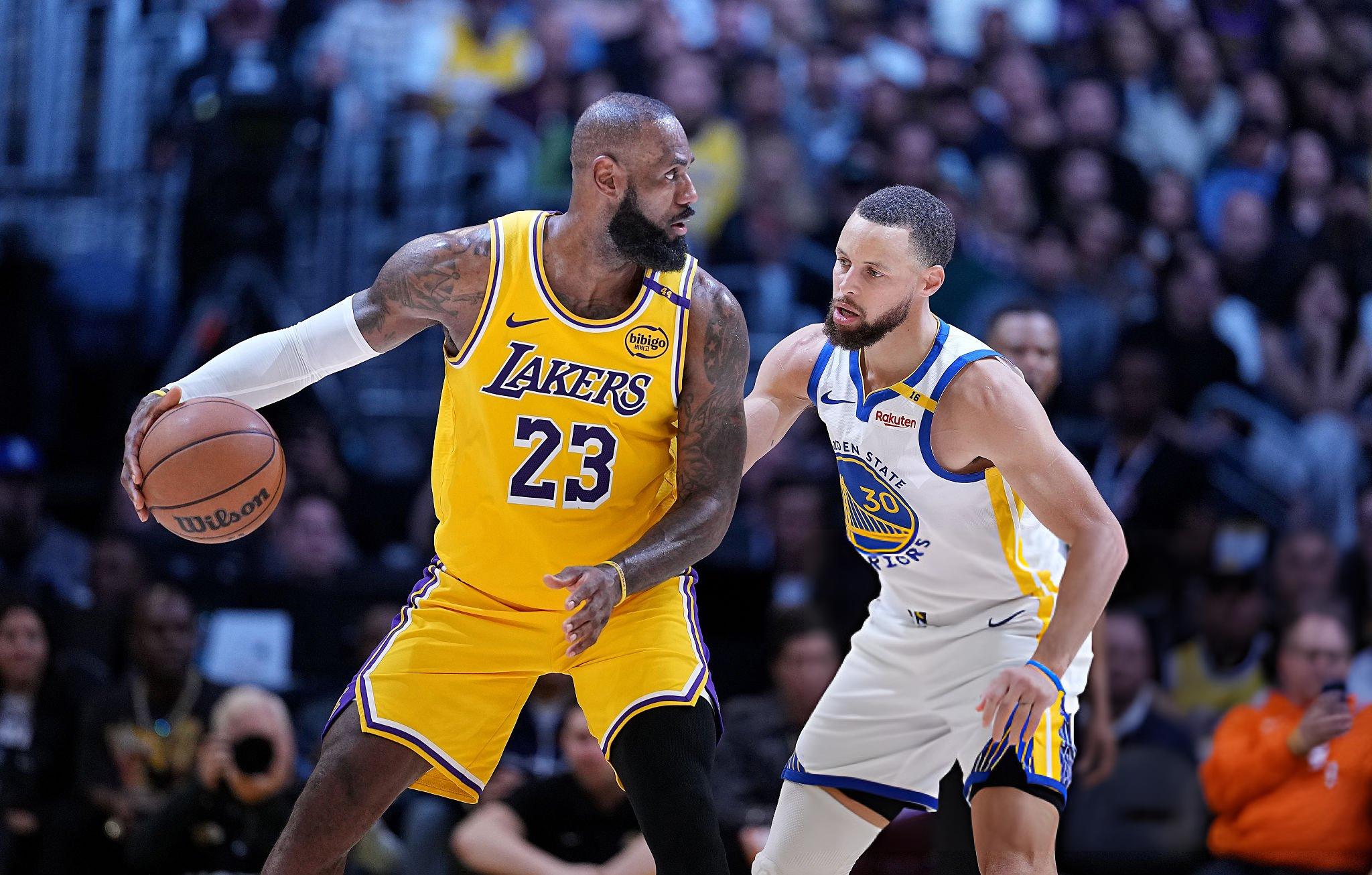
It sounds dazzling — finish the story with Golden State or pair with another MVP-caliber star. But in those projects LeBron inevitably loses the battle for meaning: in San Francisco, any ring historically belongs to Curry and Warriors culture; in any superteam script he is perceived as the invited legend chasing a last chance. The biggest risk is failure. One of LeBron’s unique advantages in the legacy debate is that he has won everywhere he played. Ending the last stretch with a failure on foreign turf would hand detractors an outsized argument and distort the bigger picture — why risk it?
A Working Farewell Plan: Calm, Pause, Crescendo
The healthiest plan fits into three steps. Step one — finish the current season in Los Angeles without trying to insert a “mini-farewell”: the team is already balancing renewal with the demand for results. Step two — announce the final season in advance and choose a platform where that message sounds truly regal. Step three — play the final year where the stage doesn’t argue with the meaning: in Cleveland.
Technically, that could be a short deal with flexible rotation; the coach avoids overloading him in the regular season, and the highlights are set on “circled” dates: his hometown Akron, iconic arenas of East and West, the stops of great wins and painful losses. Each stop is not “show for the sake of show,” but a carefully curated ceremony of respect for the league, fans, and rivals. In parallel come archival content, philanthropy, and youth outreach: legacy isn’t only box-score numbers, but what lives beyond the scoreboard.
On-Court Role: Fewer Isolations, More Orchestration
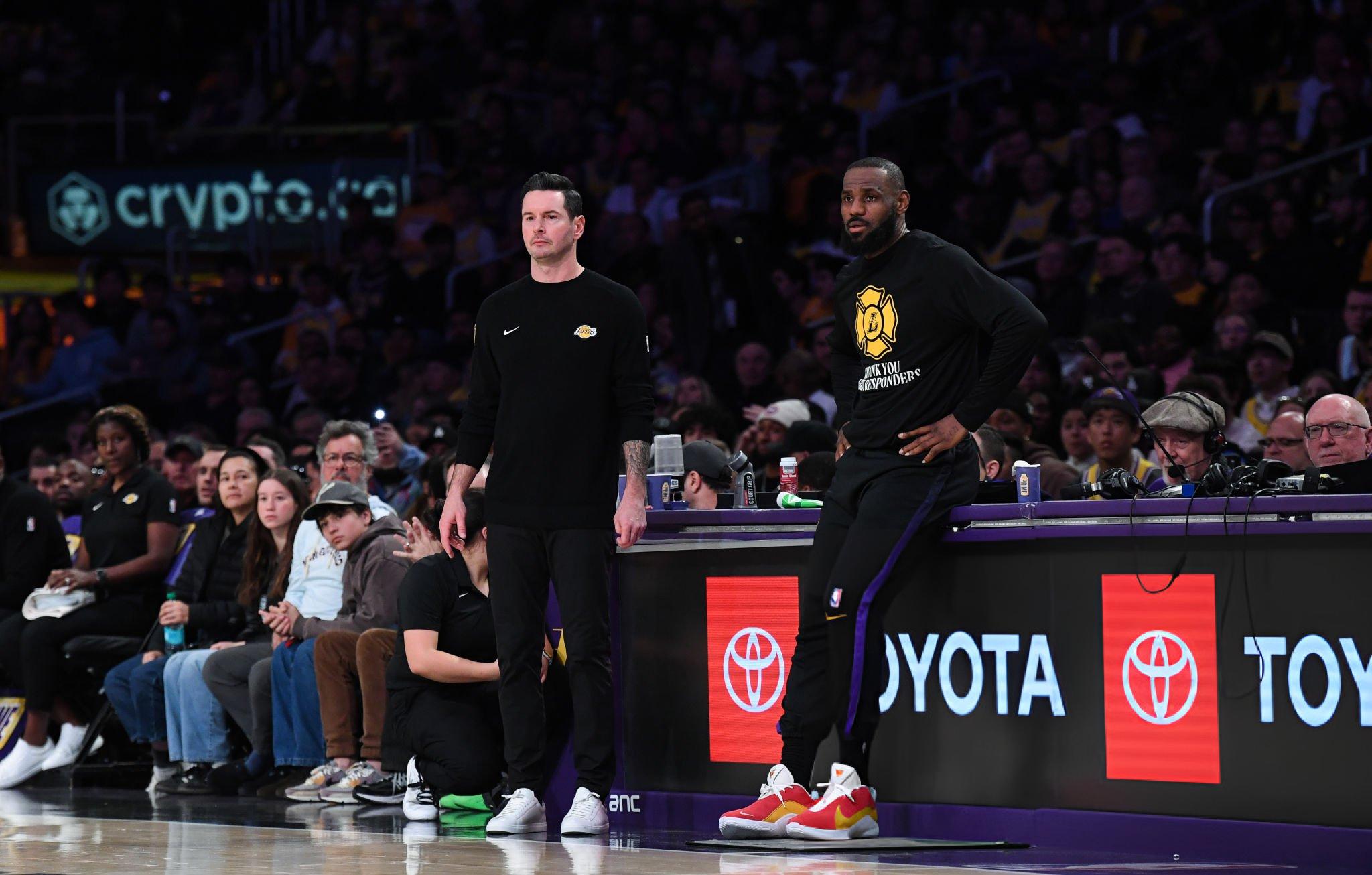
The sporting part of the final season also demands a jeweler’s touch. The ideal 40-year-old LeBron is a forward-playmaker who doses contact, protects his back and knees, and manages tempo and decision quality. There’s no need to chase individual awards — elite efficiency in 28–30 minutes, a positive on/off impact, sensible management of clutch moments, and two or three explosive playoff nights when the team truly needs the “old version” are enough. That function best highlights his basketball IQ — the part of his legacy many are eager to underrate.
The Symbolism of the Finale: The Day When Everything Converges
When the season nears its end, it makes sense to finish the journey in a Cavs uniform — the club raises his number to the rafters, and the city stages the parade it has awaited for years. After that, he could sign a one-day contract with the Lakers to aesthetically “close” that chapter or, conversely, leave Los Angeles with heartfelt thanks without a formal gesture. Either way, it’s about symbols — and symbols are the currency of a great career.
What “Beautiful and Timely” Means — and Why It’s a Chance to Surpass Michael
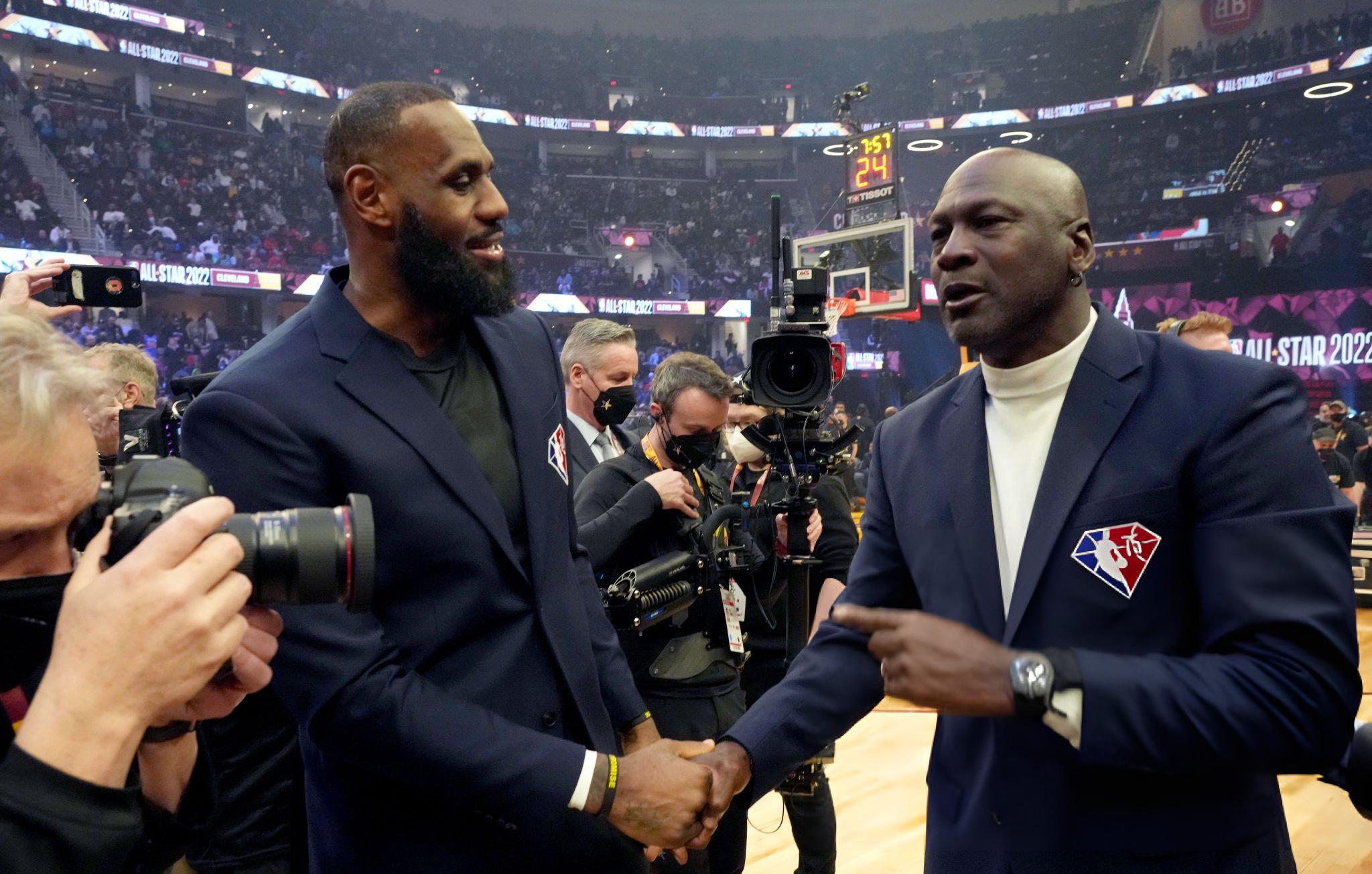
History doesn’t ask who was stronger in a vacuum. It assembles context: whom you beat, how you led the team, how you left. Jordan did so much that comparing anyone with him feels unfair; but his final note in the Wizards days was blurred — the height his legend demanded wasn’t there. Here LeBron has a rare opportunity: to exercise will over his own biography. Acknowledge in time that he left everything on the floor, don’t stretch the season for ambient noise, and don’t dissolve into someone else’s dynasty for a phantom chance.
For LeBron, a “beautiful finale” isn’t fireworks at every opening tip. It’s the honest integration of his last season into a real competitive goal where his name aligns with the meaning of the building. It’s speaking to the league in the language of respect, not volume. It’s getting what he wants again — only this time not to take, but to return: the debt to the city that made him a symbol and to the game that allowed him to become an era.

